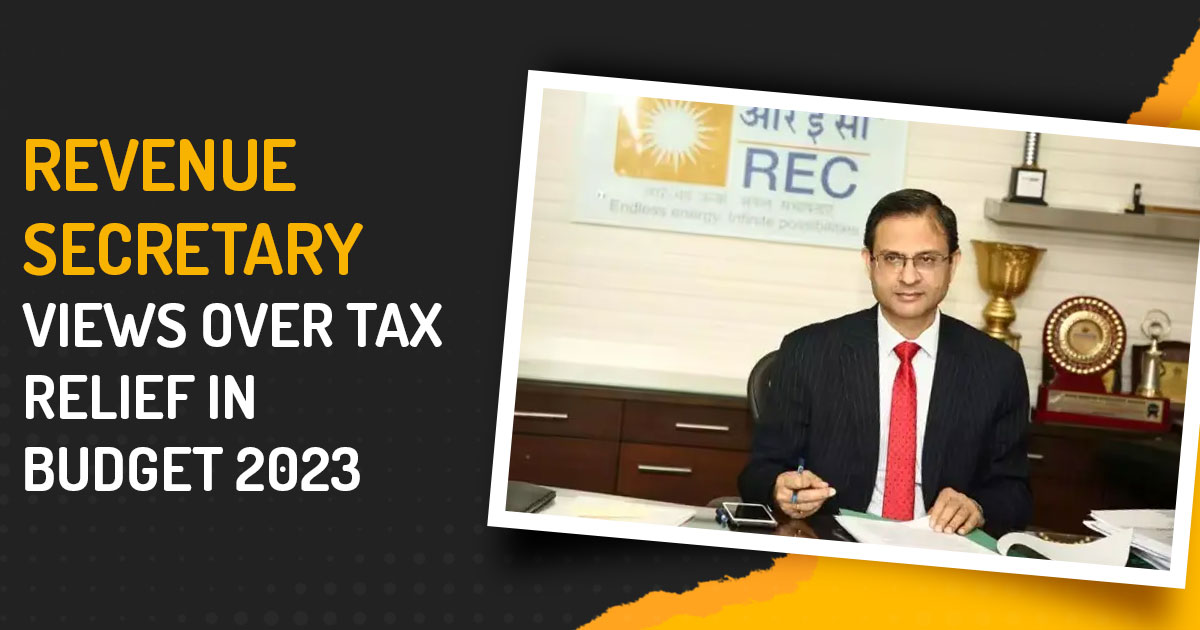
The tax relief given in the Budget, according to Sanjay Malhotra, revenue secretary in the Ministry of Finance, was founded on the idea of a relationship built on trust.
“The effort in the taxation part of the budget is how we simplify and build a trust-based relationship and increase revenues, but without increasing the rates,” he stated in reference to the budget’s tax relief announcements.
He spoke at the FICCI’s Interactive Session on the Union Budget for 2023–2024.
In her Budget statement, Union Finance Minister Nirmala Sitharaman made five significant announcements on the personal income tax. The new tax system’s rebate maximum has been raised to Rs 7 lakh, which means that individuals with incomes up to this level would not be subject to taxation under the new system.
By decreasing the number of tax slabs in the new personal tax regime to five, the tax structure has been altered.
Under the new tax system, the standard deduction advantage has been extended to the salaried class as well as retirees, including family pensioners. According to the idea, a salaried person will receive a standard deduction of Rs. 50,000 and a pensioner of Rs. 15,000. Thus, the following measures will result in an increase of Rs 52,500 for every salaried individual earning Rs 15.5 lakh or more.
The default tax system is now the new income tax system. The inhabitants will still be able to take advantage of the previous tax system, though.
Read Also: NTR or OTR! Which Regime is Most Beneficial After Budget 2023
According to Malhotra, the budget is focused on sustaining the nation’s progress and making sure that everyone benefits from it.
In addition, he said that plans for presumptive taxation and the anticipated decriminalization of several sections under GST and Income Tax regulations will simplify things for taxpayers.
The Budget recommended increasing the minimum tax threshold from Rs. 1 crore to Rs. 2 crores, with the exception of the offence of issuing invoices without providing goods, services, or both.
It will also decriminalize some offences such as obstructing or blocking any officer from doing his or her responsibilities, tampering with material evidence on purpose, or failing to provide information.









